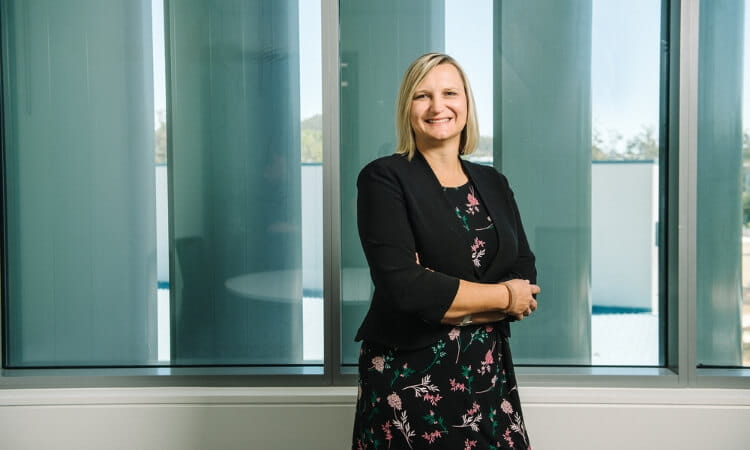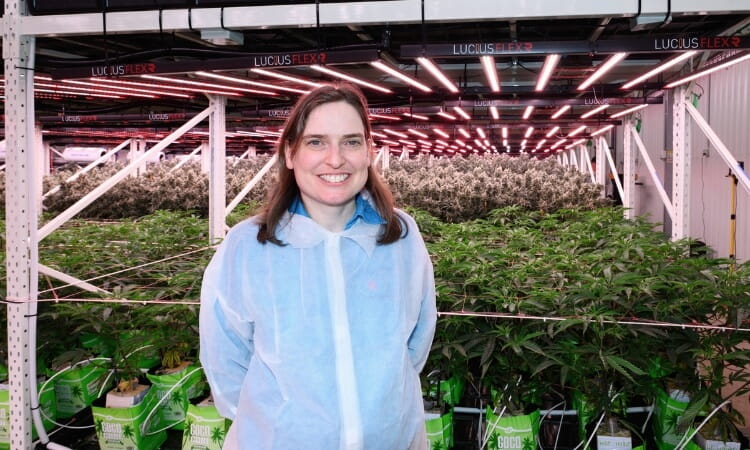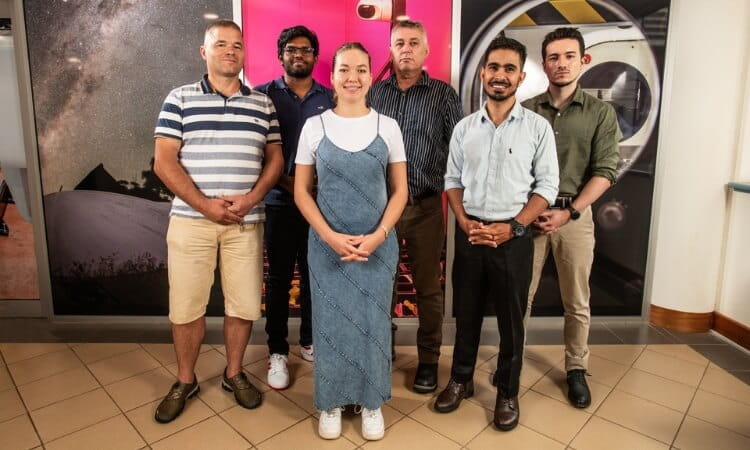Wellbeing of rural and remote social enterprise leaders

Social enterprises play a crucial role in addressing local needs and fostering community resilience, but what happens to the wellbeing of teams leading these essential organisations?
A new research initiative led by the University of Southern Queensland (UniSQ) seeks to understand the wellbeing needs of social enterprise leaders and their teams across rural, remote and regional Queensland.
The project team from UniSQ – Dr Naomi Ryan, Dr Aastha Malhotra and Professor Amy Mullens – is funded through the Queensland Government’s Social Enterprise Research Grants Program.
Senior Lecturer (Pathways) Dr Ryan said social enterprises were vital across Australia, particularly in rural, remote and regional areas, providing services to communities by supporting marginalised people or those with complex needs.
“Social enterprises address community needs, create positive social impact, and generate revenue,” Dr Ryan said.
“The demanding nature of their work, combined with limited resources and support, often leads to heightened stress and fatigue among leaders and employees, particularly in rural and remote areas.
“Running a social enterprise in remote areas requires creativity and resilience to overcome resource issues. Balancing the needs of the enterprise and its consumers with personal wellbeing can be demanding.”
The research team aims to contribute to the long-term sustainability of social enterprises through capturing the complex factors impacting the wellbeing of social enterprise founders and employees.
By engaging with local social enterprises and stakeholders, the research team will gain insight into their unique operating environments and co-create an accessible toolkit to support ongoing wellbeing in the social enterprise sector.
BackTrack Youth Works CEO Marcus Watson said the research was vital in ensuring the sustainability of social enterprises in rural, remote and regional Queensland.
“We’ve seen firsthand the importance of resilience and support networks for our staff and colleagues who are working with young people doing it tough in the regions,” Mr Watson said.
“This research is an important step in ensuring the leaders of our social enterprises can continue to make a positive impact in rural and remote areas.”
Dr Ryan said the project aligned with strategic state and federal priorities to improve sustainability outcomes and support the growth and maturity of the social enterprise sector.
Learn more about the research happening at UniSQ’s Institute for Resilient Regions.


